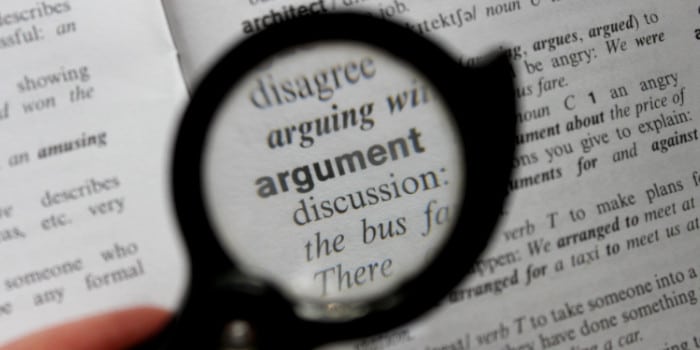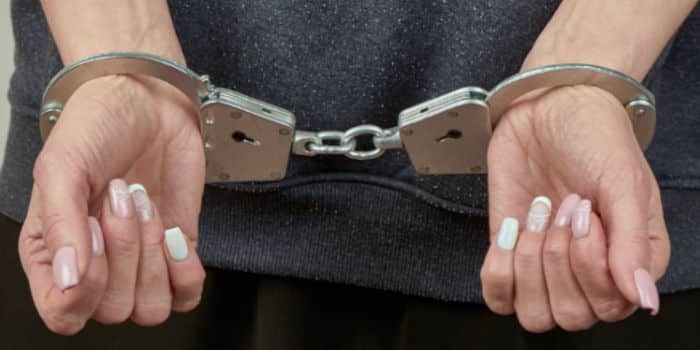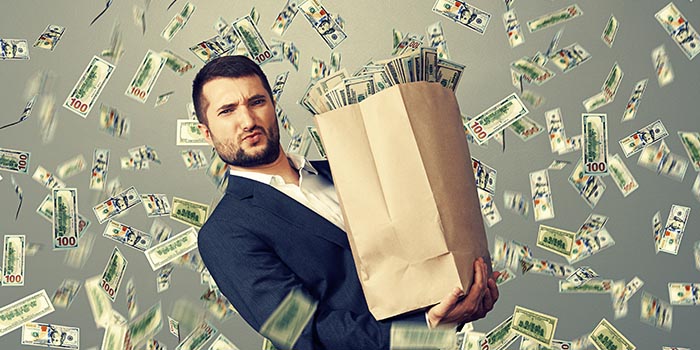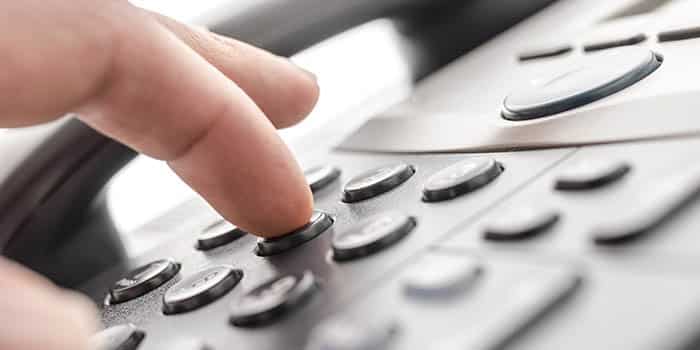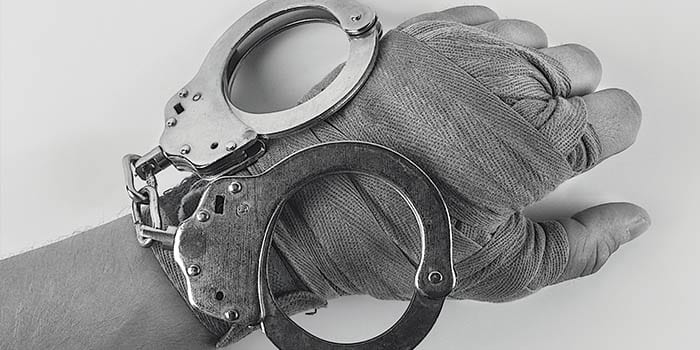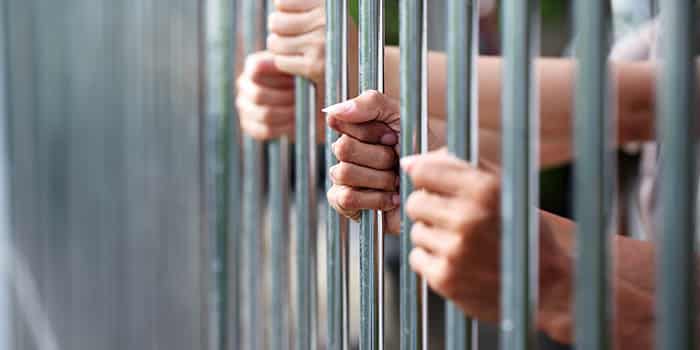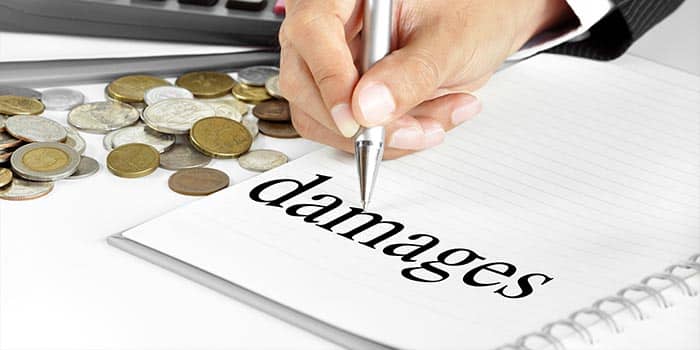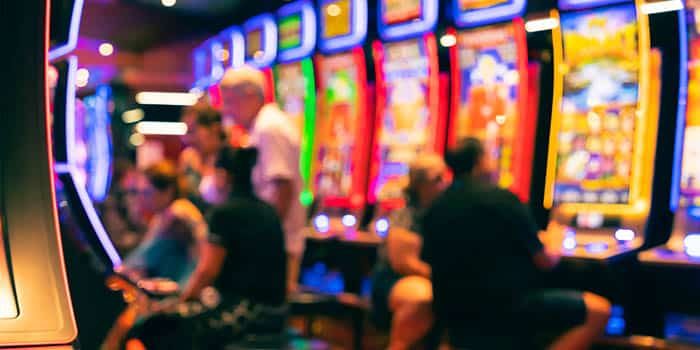Fact-checked by Stoyan Todorov
Pennsylvania High Court Weighs Future of Controversial Skill Games
At a state Supreme Court hearing, attorneys for the attorney general’s office and the Department of Revenue contended that the machines operate largely on chance

Pennsylvania’s ongoing battle over “skill games” hit a key point last week when the state Supreme Court listened to arguments that could shape the future of thousands of machines found in bars, convenience stores and social clubs. The justices are now thinking about whether these devices work as real games of skill or if, as state officials say, they are just unlicensed slot machines working outside the state’s gambling laws.
State and Industry Clash Over Whether Skill or Chance Drives Pennsylvania Machines
At the hearing, lawyers representing the attorney general’s office and the Department of Revenue argued that the machines depend on random results.
They claimed that players often go straight from one round to the next without ever using the secondary challenge that makers say is the key skill element. The state’s stance is that the way to this extra stage is not clear or easy to figure out, and many players might not even know it is there. Because of this, state attorneys said, luck, not skill, determines the outcome for most users, reported the Altoona Mirror.
The industry fought back hard. A lawyer for Capital Vending, which provided machines caught in a 2019 Dauphin County sweep, told the court that past rulings had already determined that skilled players could win the memory-based bonus round.
He claimed that the main legal test established years ago is whether skill determines success. By this standard, he said, you cannot compare these machines to regular slot machines, which work within set payout ranges controlled by the Gaming Control Board. He pointed out that skill games let players win back more than they bet, which puts them outside the legal definition of casino slots.
Casino Industry Warns Skill-Game Boom Is Putting Public at Risk
The courtroom argument played out amid tense relations between casinos and the unregulated skill-game industry. Casinos pay hefty taxes on slot earnings and follow strict rules. They caution that the unchecked growth of these machines weakens state tax income and puts consumers at risk. Their worries have increased after a Philadelphia jury’s recent verdict. The jury found a top maker to blame for a deadly 2020 robbery tied to one of the devices. Jurors decided that the lack of standard safety measures, like automated payout systems, left store workers vulnerable.
People who back these machines argue that they provide a good way for small businesses to make money. They also say it is up to state lawmakers, not courts, to decide how to control them. Bills to tax or set rules for these machines have failed many times.
This leaves thousands of devices running without clear guidelines.The Supreme Court’s decision, which will likely be seen next year, might clear up this argument. This debate has been shaping how gambling works in Pennsylvania for more than ten years now.
Silvia has dabbled in all sorts of writing – from content writing for social media to movie scripts. She has a Bachelor's in Screenwriting and experience in marketing and producing documentary films. With her background as a customer support agent within the gambling industry, she brings valuable insight to the Gambling News writers’ team.

